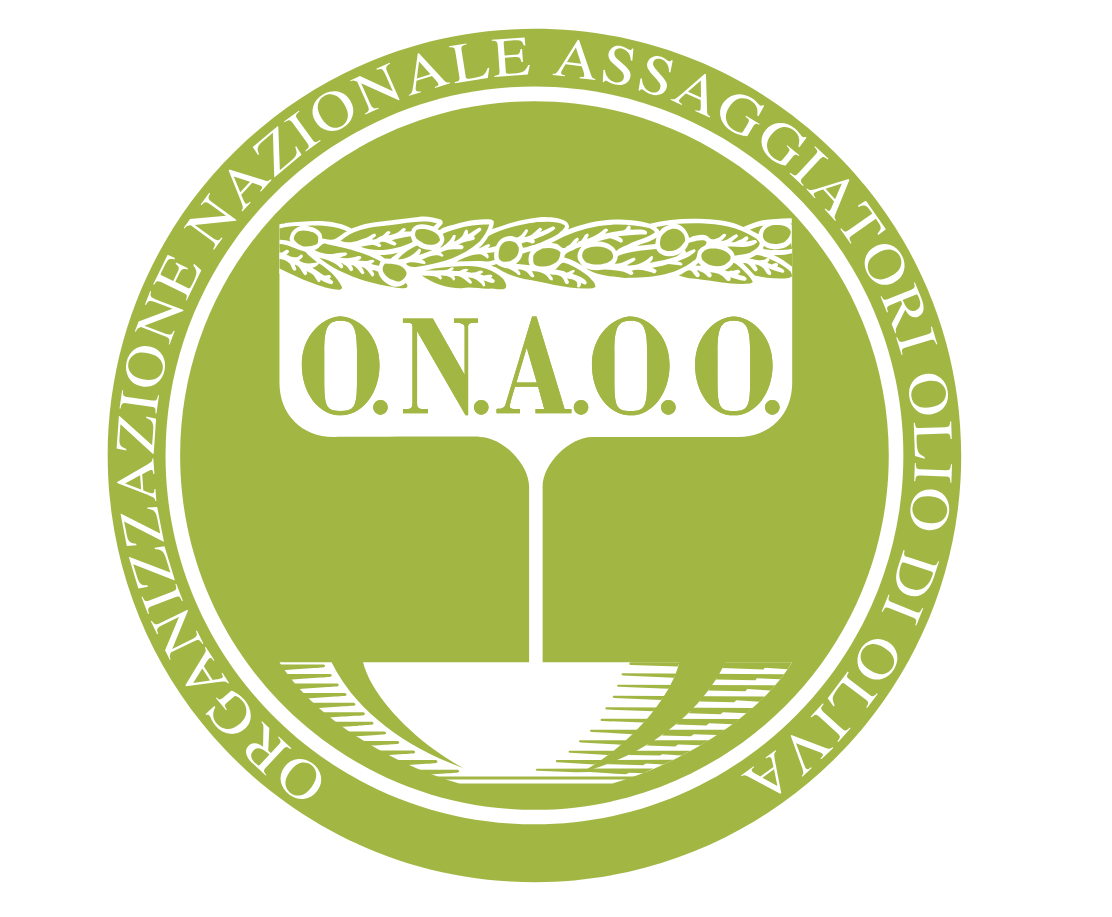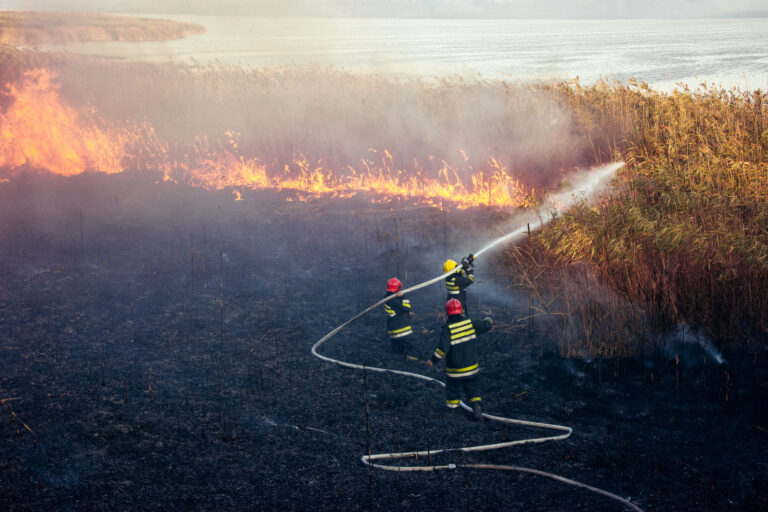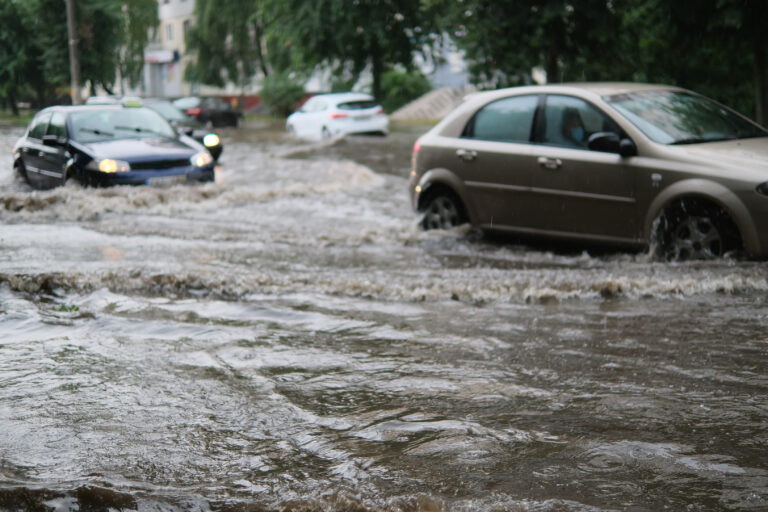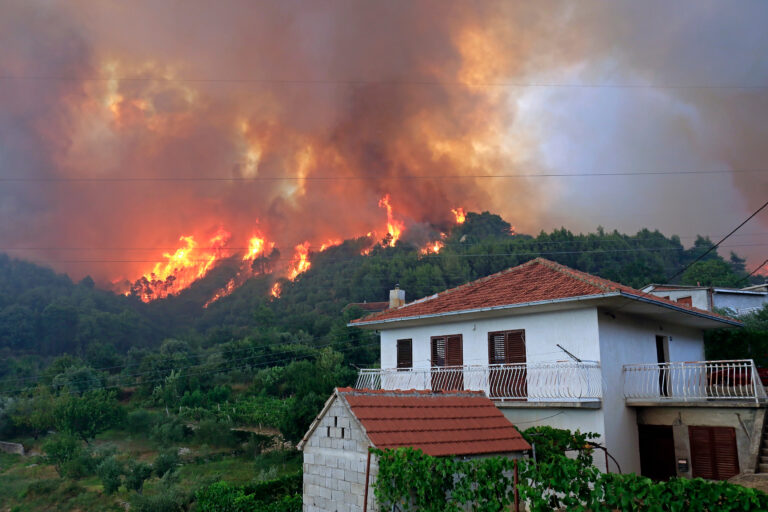The Western Costa del Sol (WCDS) faces challenging climate situations. Common problems related to variability in water quantity and quality have been exacerbated in the last decade by increasing competition for water resources due to increasing climate variability.
In a short-term horizon, the annual production of drinking water is at risk, due to dependence on surface and groundwater resources (low storage capacity of the main reservoir and vulnerable coastal detrital aquifers). Furthermore, we must consider the high seasonality in urban water consumption, mainly due to tourism. In summary, the WCDS is a highly vulnerable region to the impacts of global change, due to the interaction of:
- An extremely variable seasonal demand for water derived from the important tourism industry.
- A drought-prone climate with global warming potentially impacting the area preferentially and resulting in an increase in higher intensity rainfall events (flood risk) and a greater frequency of storm surge and compound flood events (pluvial + coastal) due to rising sea levels.
- The need to continue reducing dependence on its desalination plant given its high operating cost and larger carbon footprint
- Rapid land use change in the coastal plain that forms the recharge area of the local aquifers, with variable impacts from the development of previously arable land and the large number of golf courses irrigated in part with treated wastewater.
Furthermore, recent urban developments and an adverse rainfall pattern characterized by strong storms, the frequency of which could be increased by the effects of climate change, are exacerbating the local impacts of pluvial flooding and the cascading effects on key urban services and infrastructure. critics. Composite flooding events (pluvial and coastal) are another of the main concerns of this area recently affected by important and dramatic impacts produced by this type of events.
Drought episodes are closely linked to heat waves and dangers of forest fires.
Pilot projects from other relevant EU projects in the región
ClimateFarmDemo- https://climatefarmdemo.eu/cfd/en/#/farms
CASE STUDIES – https://lessonsonfire.firelogue.eu/case-studies/
WeADAPT – https://weadapt.org/placemarks/maps/
CLIMAAX https://www.climaax.eu/project/
CLIMAAX builds upon existing risk assessment frameworks, methods and tools, and promotes the use of datasets and service platforms for local and regional scale deployment. It will develop a robust and coordinated framework of consistent, harmonised and comparable risk assessments.
ACCEPT – Assessment of Climate Change Effects on Pollution Transport https://accept.cyi.ac.cy/
AQ-SERVE https://aqserve-project.com/
AVENGERS – Attributing and Verifying European and National Greenhouse Gas and Aerosol Emissions and Reconciliation with Statistical Bottom-up Estimates https://avengers-project.eu/
CELSIUS – Projecting Temperature Climate Extremes at Regional to Urban Scales https://celsius.cyi.ac.cy/
CoCO2 – Prototype system for a Copernicus CO2 service https://coco2-project.eu/concept
Edu4Climate – European Higher Education Institutions Network for Climate and Atmospheric Sciences https://edu4climate.cyi.ac.cy/
OptimESM – Optimal High-Resolution Earth System Models for Exploring Future Climate Changes https://optimesm-he.eu/
PREVENT – Improved Predictability of Extremes over the Mediterranean from Seasonal to Decadal Timescales https://cordis.europa.eu/project/id/101081276
LIFE – MEDEA – Mitigating the Health Effects of Desert Dust Storms Using Exposure Reduction Approaches https://www.life-medea.eu/)
CiROCCO – Enhancing the In-situ Environmental Observations across Under-sampled Deserts https://cirocco-project.eu/
Best practices in the production of olive oil:

Olive Oil Seminars
Olive Oil Seminars – Oliveoil seminars for consumers and oil producers, from Vasilios Frantzolas started in 2005, offering seminars about

O.N.A.O.O.
O.N.A.O.O. – National Organization of Olive Oil Tasters – National Organization of Olive Oil Tasters (onaoo.com) is the first School



